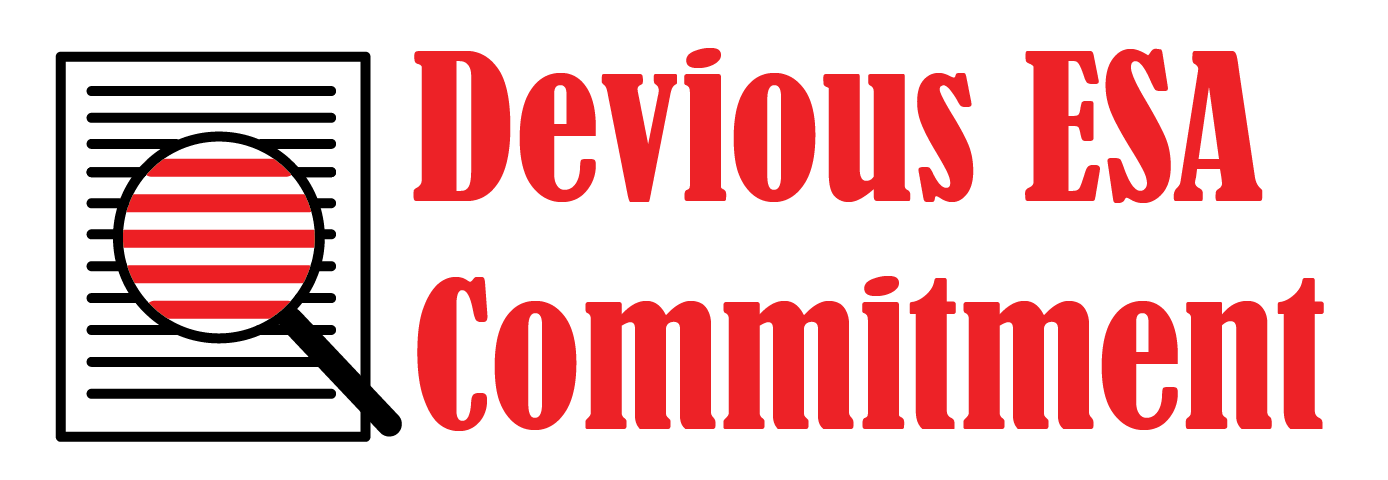Commitment Timeline
December 6, 2021
UNESCO, UNFPA and UNAIDS organized a virtual signing session of the new 10-year ESA Commitment to be held on December 6. We have yet to see the UN publish on their YoungPeopleToday.org website a list of which countries joined the new Commitment and which declined, although we have received reports from citizens in the countries of Uganda, Malawi, Kenya, Rwanda, and Ethiopia that these countries may have declined or may have joined with conditions.
2009
“The International Guidelines on Sexuality Education” was published by the United Nations Educational, Scientific and Cultural Organization (UNESCO) in collaboration with other UN agencies including UNICEF, the United Nations Population Fund (UNFPA), and the World Health Organization (WHO). SIECUS and IPPF are mentioned multiple times. These guidelines maintain that children have a right to receive instruction in sexual pleasure, masturbation and homosexuality, among other things. The Guidelines were updated in 2018. (See harmful excerpts from these guidelines here.)
Late 2011
UNESCO initiated a process to develop and implement a commitment around the needs and rights of adolescents and young people, focusing on their sexual and reproductive health, education and services. This was done under the leadership of UNAIDS and with the support of Germany’s Ministry for Economic Cooperation and Development (BMZ) and the Regional Economic Communities (EAC and SADC).
December 2013
Ministers of education and health from 20 countries in Eastern and Southern Africa (ESA) commit to scaling up comprehensive sexuality education (CSE) and youth-friendly sexual and reproductive health (SRH) services for children and young people by signing on to the “ESA Ministerial Commitment on CSE and youth-friendly SRH services”
January 2018
UNESCO revises their interagency “International Technical Guidance on Sexuality Education,” jointly published by UNAIDS, UNFPA, UNICEF, UN Women, WHO, and Education 2030. This UN “Guidance” on CSE promotes a problematic, rights-based approach to sexuality education that suggests children as young as age five should be taught, among other things, that they have a right to receive instruction in sexual pleasure and masturbation and that all children have a right to decide—without parental knowledge or consent—when and with whom they will have sex.
The UNESCO CSE Guidance promotes approval for promiscuous sexual behavior, diverse sexual practices and sexual orientations, and unscientific transgender ideology. It also falsely states that abstinence education is ineffective and harmful and that each person’s (child’s)

